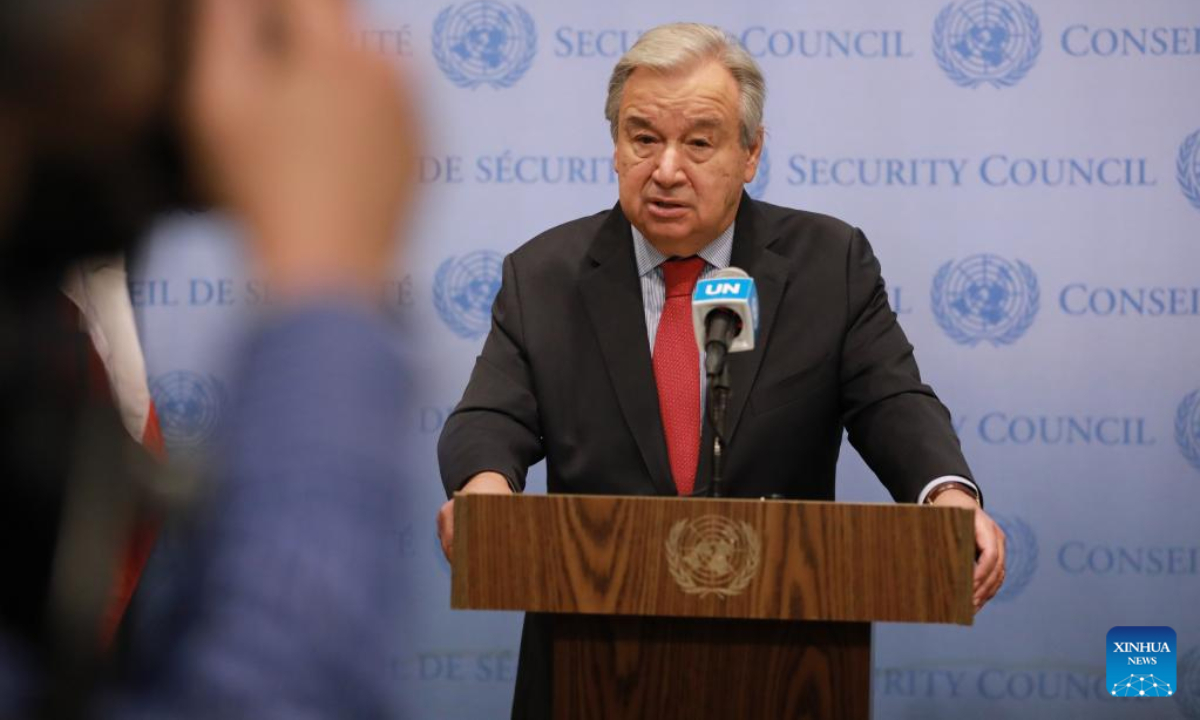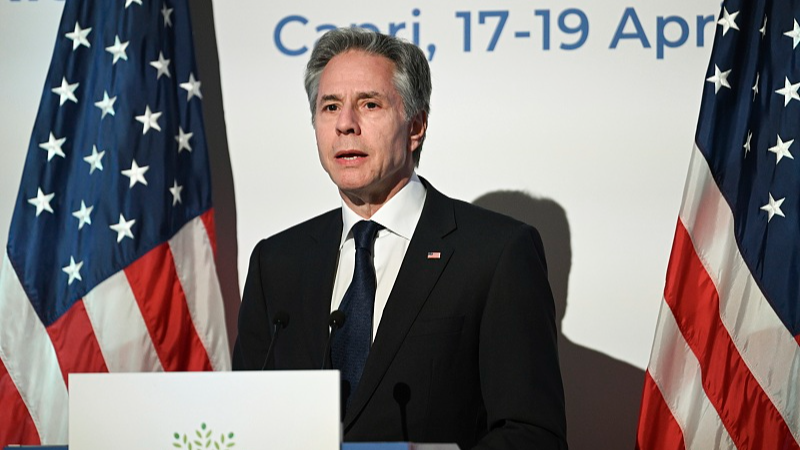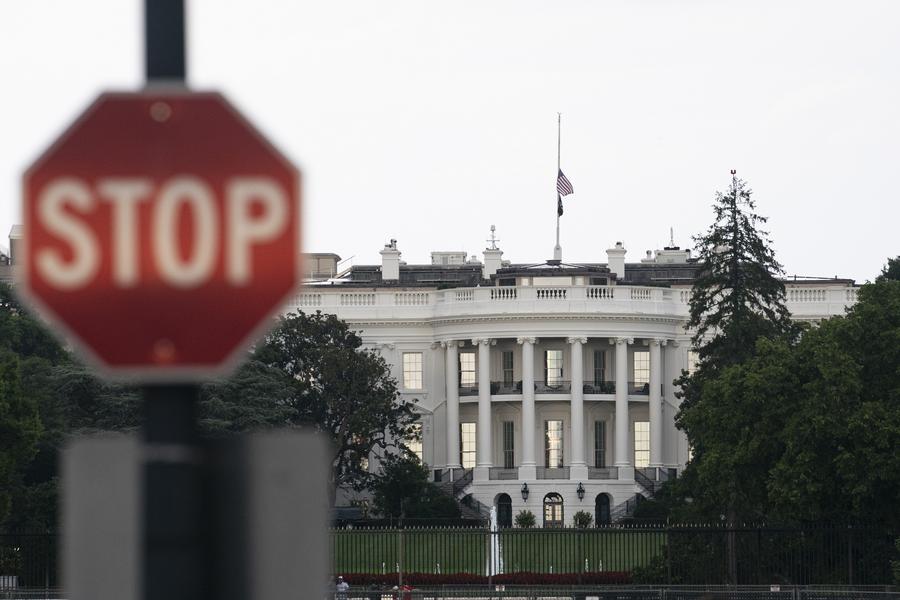UN chief issues global alert on epidemics
UN Secretary-General Antonio Guterres on Tuesday issued a global “wake-up call” on the International Day of Epidemic Preparedness, which is observed annually on December 27.
“The world must come together. COVID-19 was a wake-up call,” Guterres said in his message for the international day.
“The costs have been catastrophic,” he said, noting that since the pandemic struck, millions of lives have been lost, and hundreds of millions fallen ill; economies have been shattered, health systems stretched, and trillions of dollars lost.
Moreover, progress toward the Sustainable Development Goals has been “thrown off track,” the top UN official also noted.
“Developing countries were often left to fend for themselves, shamefully denied the vaccines, tests or treatments they needed to protect their people,” he said.
COVID-19 will not be the last epidemic or pandemic humanity faces, he warned.
“As a global community, we must heed the harsh lessons of COVID-19 and make bold investments in pandemic preparedness, prevention and response,” said the UN chief.
Guterres underscored the need for better surveillance “to detect and monitor viruses with epidemic potential.”
Guterres also noted the need for resilient health systems supported by universal health coverage and a “well-trained, well-equipped and well-paid” health workforce.
“We also need equitable access to vaccines, treatments, diagnostics and life-saving technology for all countries,” Guterres added.
He highlighted the need to “fight the scourge” of misinformation and pseudoscience with science and fact-based information, reminding that a pandemic cannot be fought country by country.
“On this International Day of Epidemic Preparedness, I urge all countries to stand with our efforts to ensure the world is equipped and ready to take on the health challenges to come,” he said.
The first International Day of Epidemic Preparedness, marked on December 27, 2020, was called for by the UN General Assembly to advocate the importance of the prevention of, preparedness for as well as the partnership against epidemics.
The UN also recalled the value of a One Health approach.
This approach fosters the integration of human, animal and plant health, as well as environmental health, in relevant sectors.
International cooperation and multilateralism play an important role in responding to epidemics.
Partnership and solidarity among every individual, community, state, and region, in all stages of epidemic management, has significant impact.
Source(s): Xinhua & Global Times

 News6 days ago
News6 days ago
 World6 days ago
World6 days ago
 News3 days ago
News3 days ago
 World6 days ago
World6 days ago
 Travel & Culture4 days ago
Travel & Culture4 days ago
 Sports3 days ago
Sports3 days ago
 News4 days ago
News4 days ago
 Travel & Culture4 days ago
Travel & Culture4 days ago


















